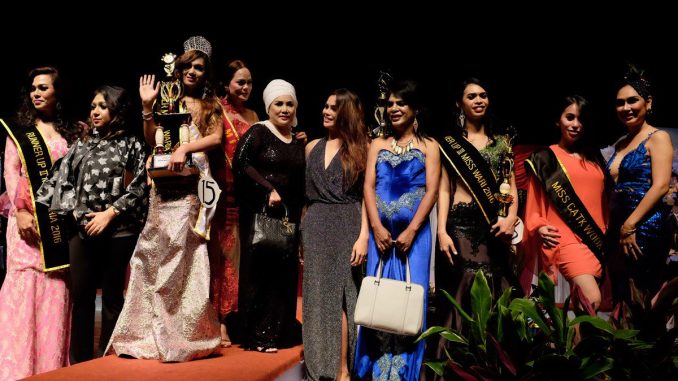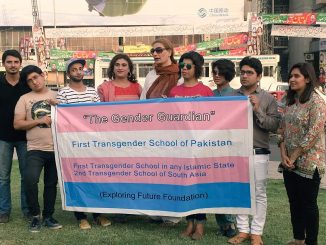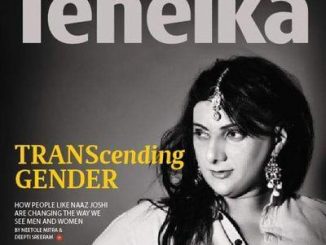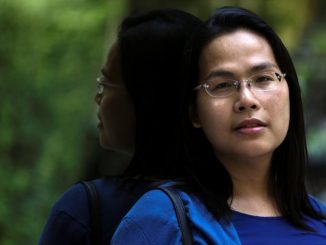
The South Sulawesi Police cancelled a Bugis cultural event involving transgender participants, last Thursday, apparently under the pressure of a Muslim group.
The event was set to take place in the Soppeng Regency from January 19 to 22, where 600 waria (Indonesian term for transgender people) and bissu (gender neutral androgynous people in the Bugis tradition) from 22 areas in South Sulawesi had gathered on Thursday afternoon, and hundreds of Soppeng residents were preparing to attend the event, before the police forced them to cancel.
The 600 were held in a 120 square meters hall, as Askar Mampo, a committee member told the Jakarta Post. “We are not allowed to hold the carnival because they said we did not get the permit,” she added.
The Islam Congregation Forum protested and objected to the event, claiming it didn’t align with religious values in Indonesia, which is the world’s most populous muslim-majority country, and would allegedly be at the origin of the Police ban.
Mampo said the police was given notification of the event on January 4, and that both the Soppeng regent and the Soppeng Council had given their approval prior to the event. But 2 days before the event, the committee was asked for additional documents by the Police in Makassar, including a recommendation from the Religious Affairs Ministry. They could not get all the documents in time.
The police insisted that the event was cancelled because the committee failed to secure the proper permit.
As the Jakarta Post reports, lawyers and feminist organisations issued statements over the week-end denouncing a violation of the rights of the waria and bissu community. “The event was not an unlawful activity, it didn’t disrupt public order and there was no reason for the police to not allow the event to go on,” the statement from the National Commission on Violence Against Women (Komnas Perempuan) said.
The Bugis society recognises 5 genders, in contrast with Western societies that recognise only two. Translated into English terms, the Bugis recognise cisgender men, cisgender women, transgender men, transgender women and a gender neutral type (bissu).



Be the first to comment